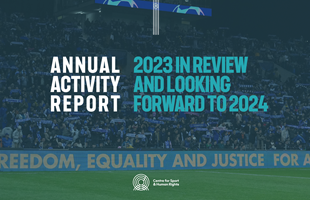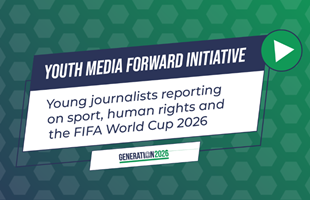Improving the Bidding Process for International Sporting Events
25 Jun 2011
Author - Ryan Gauthier

Improving the Bidding Process for International Sporting Events
Abstract
The right to host sport mega-events is bid on by cities and countries with the expectation that tourists, money, and prestige will follow. For better or for worse, the economic and social impacts of these events on the hosts are significant. International organizations award these events, with little risk and much benefit to themselves. Unfortunately, it is not always clear how international organizations ultimately decide which hosts are chosen for this high honour and even higher burden.
International sporting organizations have various bidding processes for the right to host their premier events. Each process has its drawbacks, with an overall lack of objective criteria and transparency. These problems can lead to negative effects such as decreased competition, selection of sub-optimal bids, uninformed decision-making and concerns with corruption.
While there is no “one size fits all” solution, there are “best practices” conducted by many organizations that can be adopted to create a more transparent and efficient bidding process. Overall, bidding processes should: (1) be written; (2) not be subject to easy alteration; (3) account for regional balance; (4) be accompanied by a published technical report; and (5) have a viable “exit strategy” in case of host failure. These modest steps will enable potential hosts to feel that the process is fair, and will enable the organizations to ensure they are getting the most qualified host.



